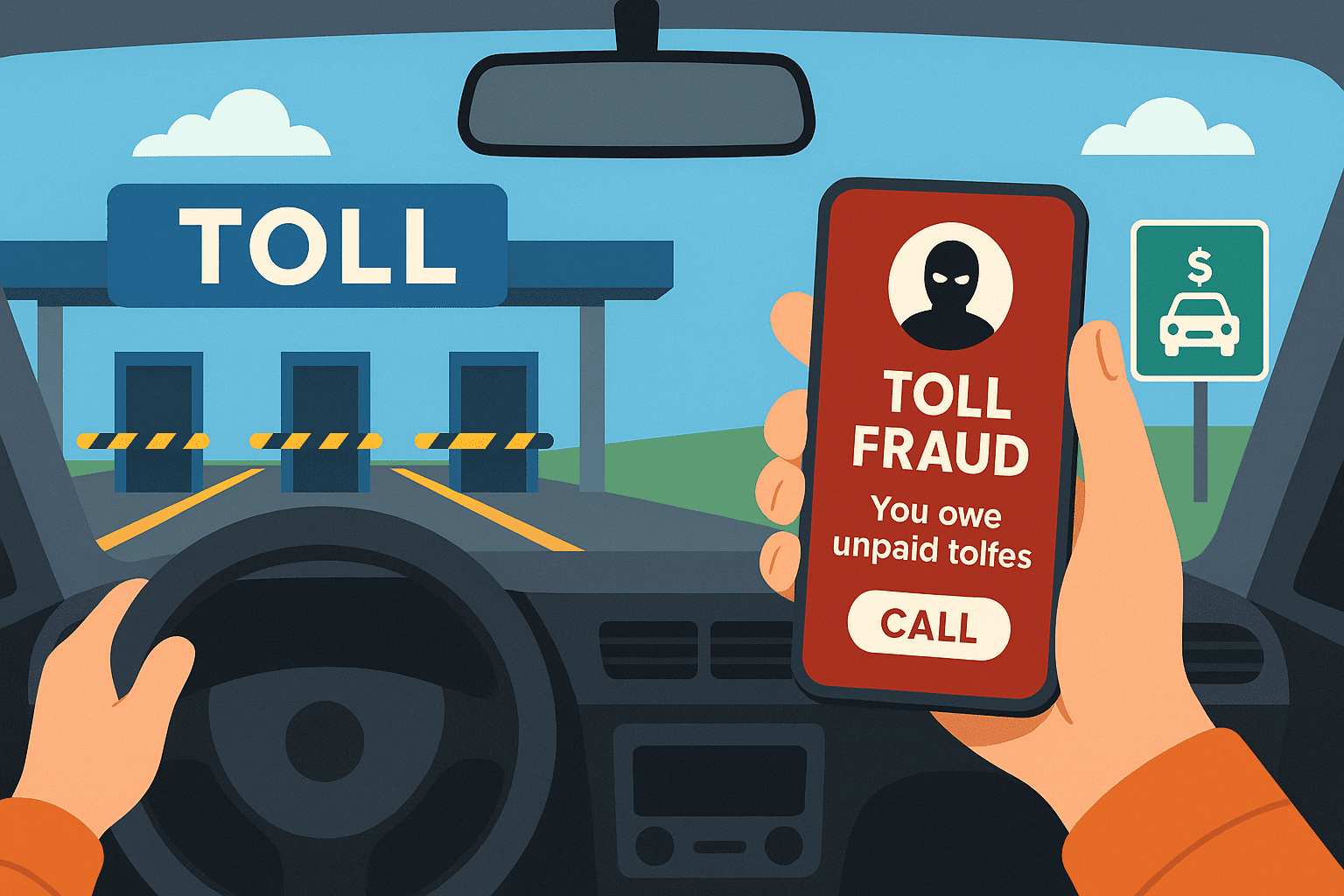
Managing your salary doesn’t have to be overwhelming. A clear budgeting plan helps you track your income and expenses, ensuring you live within your means while saving for the future. Learning how to budget can empower you to make informed financial decisions, giving you peace of mind.
You might be wondering where to start. Begin by analyzing your spending habits and categorizing your expenses. This process will reveal where your money goes each month, helping you to adjust and prioritize what matters most to you.
Staying committed to your budget is key. With consistent monitoring and adjustments, you’ll not only avoid unnecessary debt but also gradually build up savings for those special purchases or emergencies. Embracing this approach will set you on a path toward financial confidence.
Contents
Understanding Your Financial Landscape
Before you can create a budget, you need to grasp the full picture of your finances. Knowing your income and expenses will help you make informed decisions about where your money goes.
Assess Your Monthly Income
Start by calculating your total monthly income, or even better weekly/hourly. For example, if you earn 55k, you can calculate 55k a year is how much an hour. This includes your salary, any rental income, freelance work, and other sources. Make sure to account for your net income, which is your salary after taxes and deductions.
For a clear view, you can use a simple table like this:
| Source | Amount |
| Salary | $3,000 |
| Rental Income | $800 |
| Freelance Work | $500 |
| Total Income | $4,300 |
Keep track of any changes in income over time for accuracy.
Identify Your Monthly Expenses
Next, make a list of your monthly expenses. This should include fixed costs like housing, utilities, and loans, along with variable costs such as groceries and entertainment.
A sample breakdown could look like this:
| Expense | Amount |
| Housing (Rent/Mortgage) | $1,200 |
| Utilities | $250 |
| Transportation | $150 |
| Food | $400 |
| Insurance | $200 |
| Student Loan | $300 |
| Credit Card Payment | $150 |
| Total Expenses | $2,700 |
Understanding these figures will help you see where your money is going.
Categorize Your Spending
Finally, categorize your spending to identify areas for improvement. This can include essential versus discretionary expenses.
Essentials might be:
- Housing
- Utilities
- Grocery bills
- Transportation
Discretionary expenses could include:
- Dining out
- Entertainment
- Clothing
Creating a pie chart to visualize these categories can make this process easier. Knowing your spending habits helps you adjust your budget to align with your financial goals.
Creating a Sustainable Budget
A sustainable budget is essential for managing your finances effectively. It’s all about being realistic and aware of your financial situation while setting yourself up for success.
Set Financial Goals
Start by establishing clear financial goals. Consider what you want to achieve in the short and long term. Examples include saving for a vacation, building an emergency fund, or paying off debt.
Make your goals SMART: Specific, Measurable, Achievable, Relevant, and Time-bound. Make an excel sheet for this purpose or write it down on a digital notebook/notepad that you can carry with you. Remarkable 2 reviews are nice, and you can travel with it.
Allocate Funds for Savings and Debt
Designate a portion of your monthly budget for savings and debt repayment. A common guideline is the 50/30/20 rule:
- 50% for needs (fixed expenses)
- 30% for wants (variable expenses)
- 20% for savings and debt repayment
Prioritize building an emergency fund that covers 3-6 months of expenses. This safety net helps you manage unexpected costs without derailing your financial plan. Regularly review this allocation to ensure it meets your evolving needs.
Adjust for Variable and Fixed Expenses
Understanding your expenses is crucial for creating balance within your personal budget. Fixed expenses include rent, utilities, and subscriptions—these are costs that stay consistent each month.
Variable expenses, like groceries and entertainment, can fluctuate. Track these spending habits diligently for a month or two to see where your money goes. If your variable spending is too high, look for areas to cut back without sacrificing too much enjoyment in your life. This adjustment helps you stay on track with your budget and financial goals.
Optimizing Your Budgeting Strategy
Incorporating effective strategies can significantly enhance your budgeting experience. You’ll want to use the right tools, understand the costs associated with your financial choices, and be flexible as life changes.
Leverage Budgeting Tools and Apps
Using budgeting tools and apps can make managing your finances easier. Consider options like Mint, YNAB (You Need A Budget), or PocketGuard. These tools help you track your spending patterns and categorize expenses automatically.
You can create budgets for specific categories, like entertainment or vacations. Regularly check your budget so you remain aware of your financial status. Set alerts for when you’re getting close to your limits.
Budget calculators are also handy. They let you visualize your salary versus expenses, ensuring you allocate funds efficiently. Explore features that sync with your bank accounts for real-time updates.
Understand the Impact of Interest and Fees
Recognizing how interest rates and fees affect your budget is vital. Check the APR (Annual Percentage Rate) on your credit cards and loans. High-interest rates can drain your finances more than you realize.
Consider the fees associated with your accounts, too. Some checking accounts charge monthly maintenance fees or ATM fees. Knowing these can help you avoid unnecessary charges.
Aim to pay off your credit card balances in full each month to avoid interest. This habit builds a positive credit score and keeps your finances in check.
Adapt to Life Changes and Variations
Life is unpredictable, so your budgeting strategy should be flexible. When you experience changes like a new job, move, or family addition, reassess your budget.
Adjust your spending patterns to reflect new income levels or expenses. Use budgeting apps to track these changes seamlessly. For example, if your salary increases, consider increasing your savings or reallocating funds toward investments.
Don’t forget to budget for unexpected expenses. This could include emergency costs or spontaneous plans like a vacation. Having a buffer helps you retain financial stability without stress.
Beyond Budgeting: Growing Your Wealth
Building wealth goes beyond just budgeting. It involves making intentional choices about investments, planning for significant expenses, and preparing for life’s milestones.
Invest in Your Future
Consider setting aside a portion of your income for investments. Think about retirement accounts like a 401(k) or an IRA. These can help your savings grow over time, thanks to compound interest.
You might also explore stocks and bonds if you’re comfortable with some risks. A diversified portfolio can provide better returns than traditional savings accounts.
Don’t forget about contributions to education funds if you have children or plan to continue your studies. These investments can pay off in the long run.
Tip: Start small and gradually increase your investments as you become more confident.
Plan for Major Purchases and Life Events
Planning is key for major purchases like a home or a new car. Create a savings goal and timeline. Break it down into monthly savings targets, so it feels more manageable.
For life events such as weddings, travel, or significant gifts, factor these into your budget in advance. These can often be expensive surprises if not planned for.
Consider setting up a special savings account for these purposes. This keeps your funds organized and ensures you’re financially prepared for life’s milestones without going off track.
Conclusion
Budgeting your salary doesn’t have to be stressful. With a clear plan, you can manage your expenses and save for the future.
Start by tracking where your money goes. Consider using apps or simple spreadsheets to categorize expenses.
A quick budgeting method:
- Income
List all sources of income. - Essentials
Include rent, utilities, groceries, and transportation. - Savings
Aim to save at least 20% of your income. - Discretionary Spending
Allocate funds for entertainment and hobbies.
Regularly review your budget to see what works. Adjust your categories as needed to fit your lifestyle.
Stay disciplined and don’t be discouraged by setbacks. Small changes can lead to big results over time.









